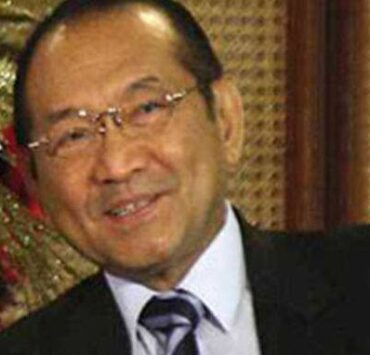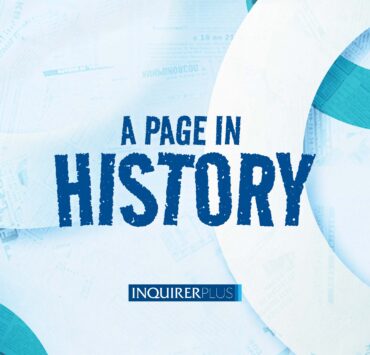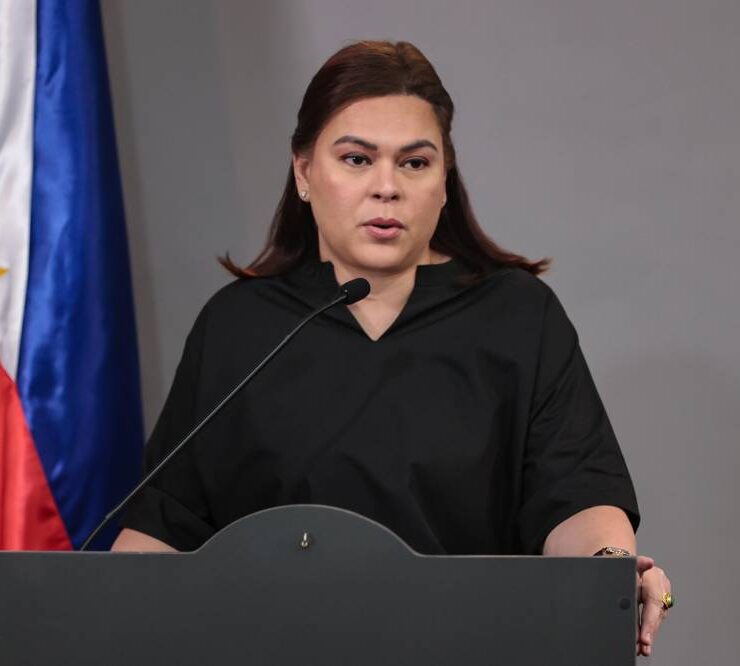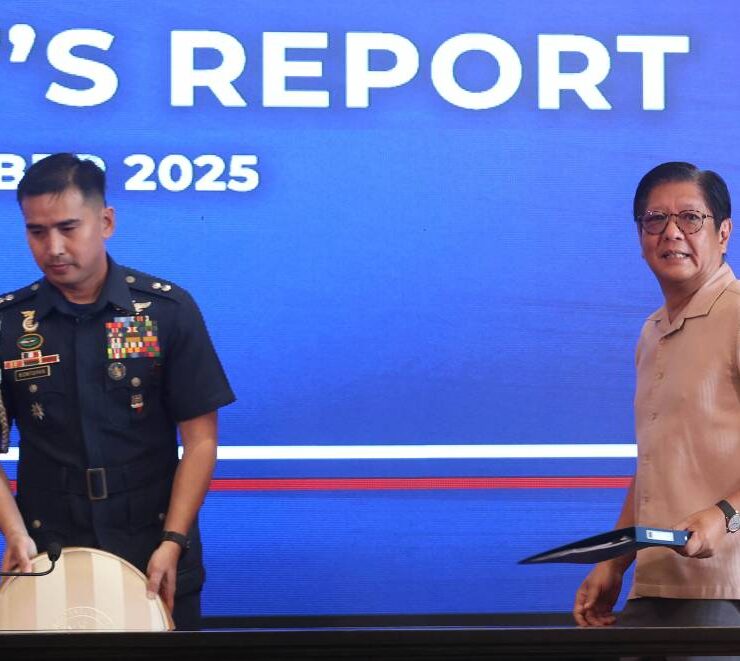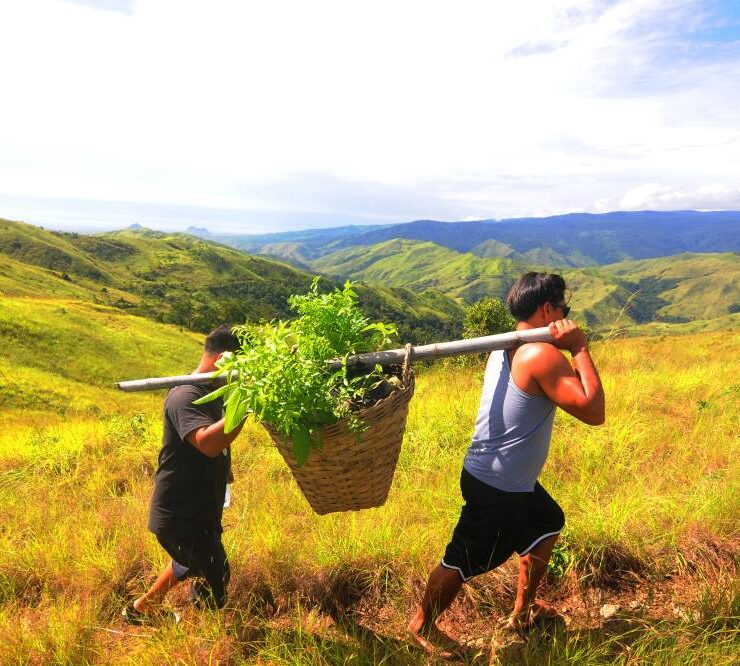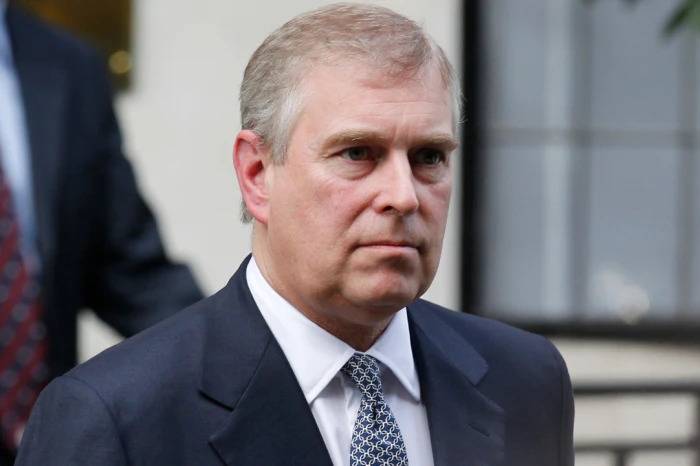ICC: 3 docs to check if Du30 fit for trial
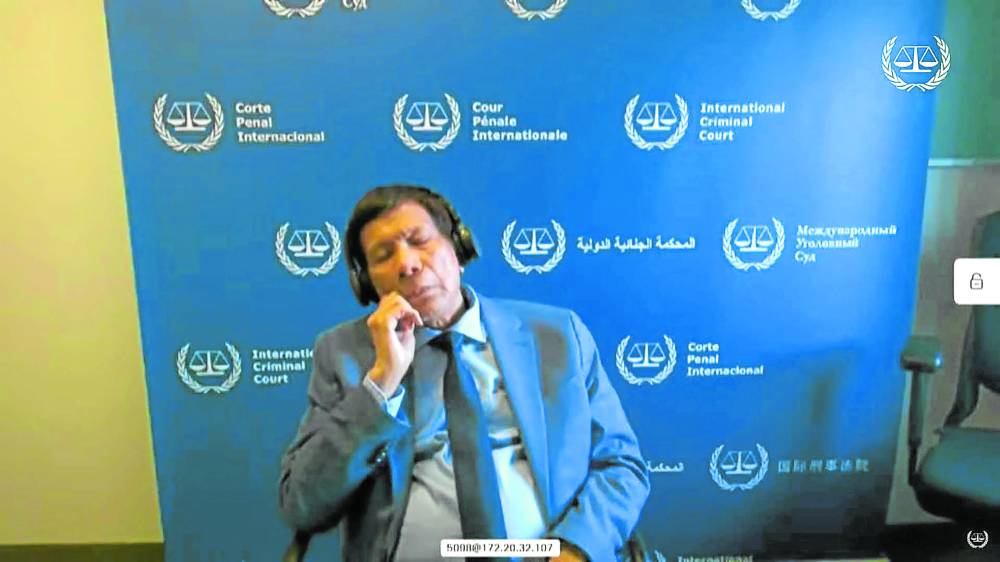
Former President Rodrigo Duterte will be examined by a panel of medical experts to determine whether he can exercise his rights to a fair trial in the International Criminal Court (ICC) for murder as a crime against humanity in his drug war.
The court’s Pre-Trial Chamber I (PTC I) ruled on Sept. 24 that it was “appropriate” to appoint a forensic psychiatrist, a neuropsychologist, and a geriatric and behavioral neurologist as recommended by the ICC Registry to assess the medical condition of the 80-year-old ex-president.
PTC I required the panel “to provide its assessment … for the purpose of assisting the chamber’s legal assessment by focusing inter alia on Mr. Duterte’s capacities which are necessary for the meaningful exercise of his procedural and fair trial rights, including the extent to which he is able to understand the charges, the evidence and the conduct, purpose and possible consequences of the pretrial proceedings.”
The names of panel members were redacted in the decision made public on the ICC website on Friday night, Philippine time. The chamber said it wanted to maintain the panel’s impartiality, prohibiting parties and participants in the case from communicating with the doctors.
A forensic psychiatrist is a medical doctor specializing in psychiatry with comprehensive knowledge in legislation as well as criminal, civil and case law.
Neuropsychologist are specialized psychologists who focuses on the relationship between the brain and behavior. They assesses and treats individuals with cognitive, emotional, and behavioral disorders which may be caused by brain disease, injury, or medical treatment.
A geriatrician and behavioral neurologist, with expertise in primary care for the aged and the complex interactions between brain and behavior, evaluates cognitive, emotional and behavioral functioning.
PTC I rejected the proposal of Duterte’s lawyers to conduct a hearing and a forensic examination of the results of the assessment by the expert group, saying it would be “premature” and “unsolicited.”
The ruling is in response to Duterte’s lawyers’ Aug. 18 request for an “indefinite adjournment” of all pretrial proceedings due to what they said was his “cognitive impairment in multiple domains.” The condition limits the former president’s ability to actively participate in the proceedings, his lawyers argued.
Kristina Conti, one of the lawyers assisting the families of drug war victims, said the decision by PTC I to appoint medical experts should “lead to the prompt resolution of this issue and the swift resumption of proceedings in the Duterte case.”
She said two scenarios could emerge once the health assessments are completed.
“If the reports convince the judges to declare him fit to stand trial, then the hearing on the confirmation of charges should be rescheduled the soonest possible,” she said in a statement on Saturday.
And should Duterte’s charges be confirmed, Conti said the trial should start by next year.
But if the medical reports confirm that Duterte is “unfit,” then the proceedings for the murder case of Duterte would be suspended, not dismissed, she stressed. He will remain in detention while his case is reviewed every 120 days, Conti said.
“On the part of the victims, we are closely monitoring the process to ensure that the rights of all parties are observed and fulfilled, and that any delaying tactic is offset,” she said.
PTC I appointed a panel of experts to help it determine whether Duterte, who is charged with three counts of murder as a constituent crime against humanity in the drug war killings, has conditions that might affect his “ability to follow and take part” in the pretrial proceedings, including a hearing for the confirmation of charges.
It also wants to determine whether the former president should be accorded “special measures or adjustments” depending on the results of the health assessment.
PTC I stressed that this was a legal—not a health—matter within its ambit to rule on regarding the pleadings of the defense to suspend the pretrial hearings.
“The chamber emphasizes that the question of whether a suspect is fit to take part in the pre-trial proceedings is a question of law that falls exclusively within the remit of the chamber’s legal determination, and which does not depend, in and of itself, on whether the suspect has particular medical conditions, but rather on whether he or she is able to effectively exercise his or her procedural rights,” it noted.
The chamber ordered the doctors to submit their report, individually or jointly, by Oct. 31. The parties to the case—the prosecution, defense and the Office of the Public Counsel for Victims (OPCV)—are to submit their observations to the results of the health assessment by Nov. 5.
It instructed the Registry, which handles the ICC’s administrative matters, to provide assistance to Duterte’s medical examination.
Prior to its Aug. 18 request to PTC I, Duterte’s lawyers, led by Nicholas Kaufman, submitted a report from the medical team of the ICC detention center indicating that the former president manifested signs of cognitive impairment, which they said should prompt the chamber to decide on whether he is fit to participate in the pretrial proceedings.
The chamber asked the Registry to comment on this and to provide Duterte’s health record since his detention last March.
In response, the Registry cited its own Regulation 155, which states that the mandate of court’s medical officer “is limited to the oversight of the physical and mental health of detained persons.”
Duterte has been detained at the Scheveningen prison complex in The Hague, the Netherlands, since March. He is provided medical care by ICC personnel, including a nurse on standby.
On Sept. 26, PTC I rejected Duterte’s request for “interim release,” saying that he was a flight risk as he and his family continue to challenge the authority of the ICC and remain politically powerful and influential, with a network of supporters.
His lawyers have appealed the decision and submitted documents to prove that he posed “no risk factors,” the former president’s daughter, Vice President Sara Duterte, said on Saturday.
She said her father had cooperated with the ICC despite what she called his “abduction.”
Speaking to reporters at a press conference in Manaoag, Pangasinan, the Vice President reiterated that the ex-president’s lawyers had already found a country that could accept the former president if he is granted an interim release.
She was confident that her father would not pose a flight risk, intimidate witnesses or commit further crimes.
She recalled the investigation led by then-Commission on Human Rights chair Leila de Lima and the Senate inquiry where former Sen. Antonio Trillanes IV had called witnesses related to the drug war killings in Davao City.
“No one intimidated them. Nothing bad happened to them,” she said. “So, we can see that it is not the behavior of former President Duterte to scare anyone.”
“In fact, he kept telling everyone to just let the people ask about it and allow any investigation to prosper,” she added.
Duterte is charged in the alleged extrajudicial killings in his war on drugs from November 2011 to March 2019, when the Philippines was still a state party to the Rome Statute, the treaty that established the ICC. He ordered the country’s withdrawal from the treaty in March 2018 after the ICC chief prosecutor opened an “examination” of the drug war killings.
The government reported that over 6,000 people were killed in the drug war during his 2016-2022 presidency but human rights groups say the figure could be as high as 30,000. —WITH REPORTS FROM DEMPSEY REYES AND INQUIRER RESEARCH














